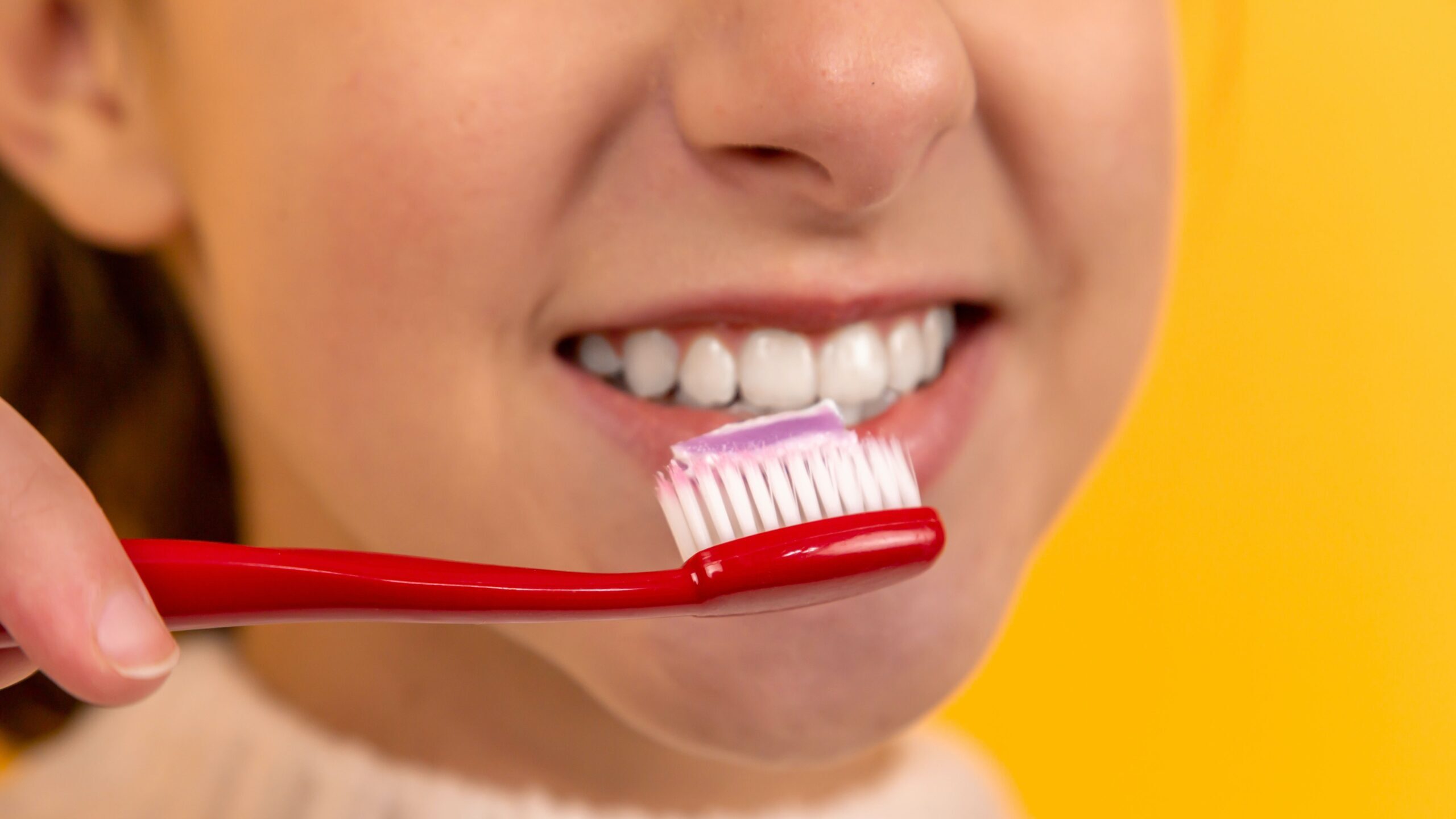“A good smile is the gateway to any communication or relationship; healthy shiny teeth are the most important contributing factor to a smile”, says Dr Suruchi Gupta, who has over 20 years of expertise in providing dental services.
Maintaining good oral hygiene is a step in preventing systemic diseases like
diabetes or heart problems.
According to the Global Burden of Disease study 2019, more than 3.5 billion people are affected by oral health diseases. The data provided by Institute of Health Metrics and Evaluation says there is an increase of 0.83% in oral diseases every year.
Apart from tooth decay and periodontal diseases (gum problems), oral cancer is a major concern adding to one-fourth of global oral cancer patients.
“The use of tobacco increases the risk of oral cancer 10 times as compared to non-smokers, cigarettes being the most common form of tobacco used and is the cause of about 90% of all lung cancers”, says Lt Col (Rt) Dr Preeti Tahla, dentist.
Oral hygiene equals overall health
What most people are unaware of is that maintaining good oral hygiene is necessary not only for healthy gums and teeth but also for our overall health.
Like other parts of the body, the mouth has bacteria — mostly good ones. But the mouth is the entry point to your digestive and respiratory tracts, and some of these bacteria can cause disease. “Normally the body’s natural defences and good oral health care, such as daily brushing and flossing, keep bacteria under control”, says Dr Gupta.

However, without proper oral hygiene, bacteria can reach levels that might lead to oral infections, such as tooth decay and gum disease.
Oral health can be both a contributing factor to systemic diseases and also an indication of symptoms of systemic diseases that include the following:
Endocarditis: This infection of the inner lining of your heart chambers or valves (endocardium) typically occurs when bacteria or other germs from another part of your body, such as your mouth, spread through the bloodstream and attach to certain areas in the heart. Studies prove that the oral infections with Porphyromonas gingivalis (principal organism associated with adult periodontitis) accelerates the chance of atherosclerosis (soft fatty material gets deposited in the artery, thereby hardening and narrowing it)
Pregnancy and birth complications: Periodontitis has been linked to premature birth and low birth weight.
Pneumonia: Certain bacteria in your mouth can be pulled into your lungs, causing pneumonia and other respiratory diseases.
Diabetes: Poor oral habits like intake of sugary and sticky foods can lead to high blood sugar levels, which may eventually cause diabetes.
Basic first steps
According to Dr Karishma Khosla, one must brush and floss twice a day, clean the tongue daily, use a fluoridated toothpaste, rinse the mouth with water after meals, limit carbonated drinks and sweets and lastly visit a dentist twice a year.

She continues, “Smoking and vaping, excessive alcohol consumption, illicit drug use, consuming too much sweet and sticky food are the habits to avoid.”
One of the reasons for tooth decay is the intake of too many carbohydrates from sugars (like cake, cookies and candies). “The more often you eat and snack, the more frequently you’re exposing your teeth to the cycle of decay. Time between meals allows saliva to wash away food particles that bacteria would otherwise feast on. Frequent snacking without brushing gives constant fuel to the bacteria”, says Dr Gupta.
She advises to limit snacks as much as possible and try to brush teeth after each snack.
Prevention of gum diseases
Dr Khosla emphasizes, “Do not ignore early signs of gum disease such as bleeding from the gums; consult a specialist, and get treatment.”
Regular checkup and good habits will ensure there is no build up of plaque and calculus on teeth. Scaling and polishing, if required, can be done at regular intervals.
Poor oral health can lead to dental caries, dental cyst or abscess. It can cause severe gum diseases where teeth get dislodged and eventually fall out, followed by recurrent mouth ulcers.
Dealing with bad breath
Bad breath is caused by several underlying factors like poor oral hygiene, improper cleaning of tongue, dry mouth and usage of tobacco. Bacteria on the back of the tongue can react with amino acids in food causing bad sulphur-like odour.
Dry mouth is often a key part of halitosis. “When there is a major decrease in saliva production, the mouth can’t cleanse itself and remove debris and particles left behind by food”, explains Dr Gupta.
It can also be caused by certain medicines, a salivary gland disorder, or breathing through the mouth instead of the nose.
Using natural mouth freshners like aniseed and rinsing with salt water help in maintaining good breath. “Brush and floss regularly, use a tongue cleaner to gently scrape your tongue, drink enough water and avoid using alcohol-based mouthwashes”, recommends Dr Kholsa to prevent bad breath.
She further says, “Eating a balanced diet focusing more on fruits and vegetables and cutting down the consumption of tea, coffee, coal and sweet sticky food helps in maintaining good oral health.”
Agreeing to that, Dr Gupta concludes, “Focus on foods that are high in fibre and contain important nutrients like calcium, phosphorus and magnesium to make your teeth healthy.”
Instagram: instagram.com/thepatriot_in/
Twitter: twitter.com/Patriot_Delhi
Facebook: facebook.com/Thepatriotnewsindia





